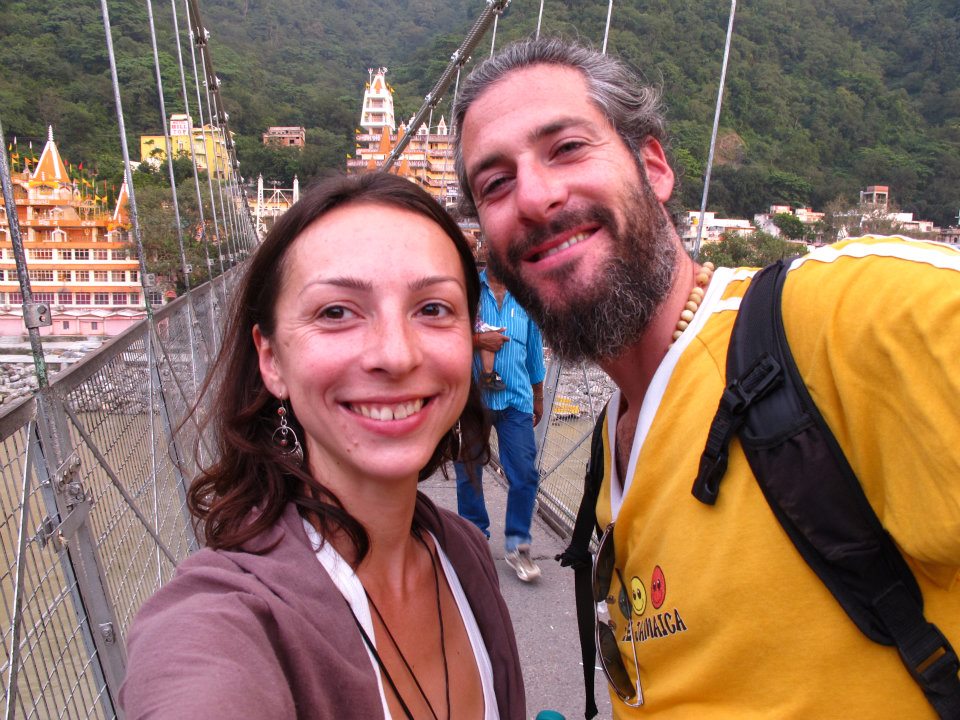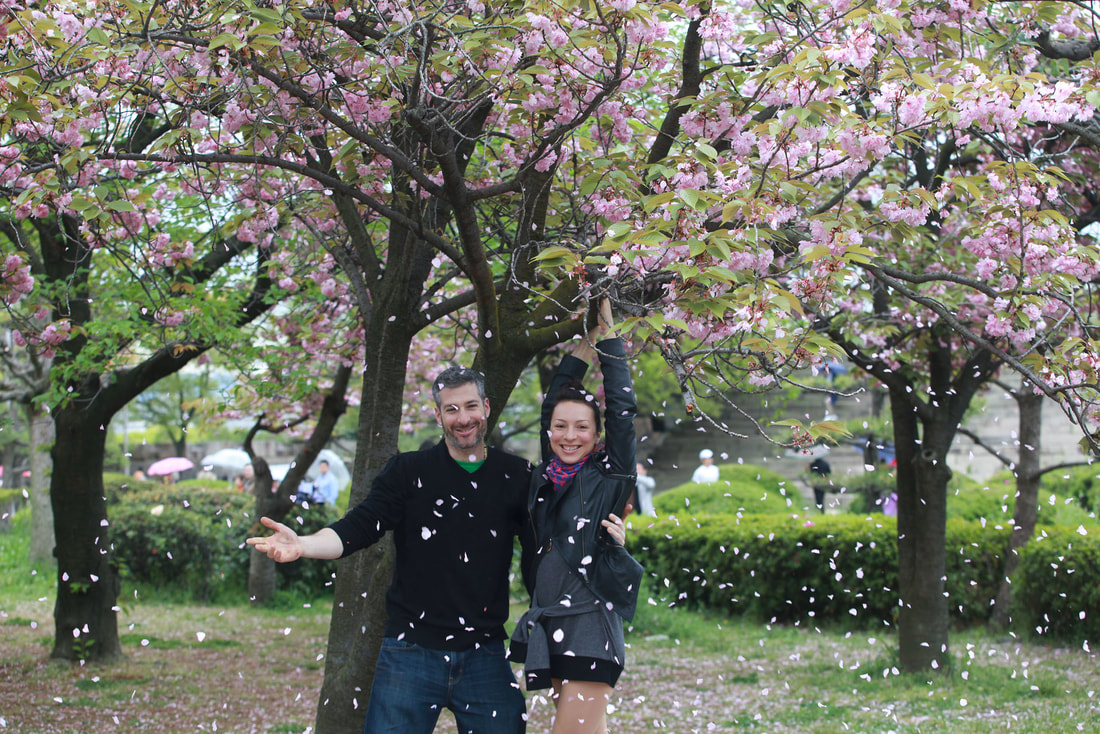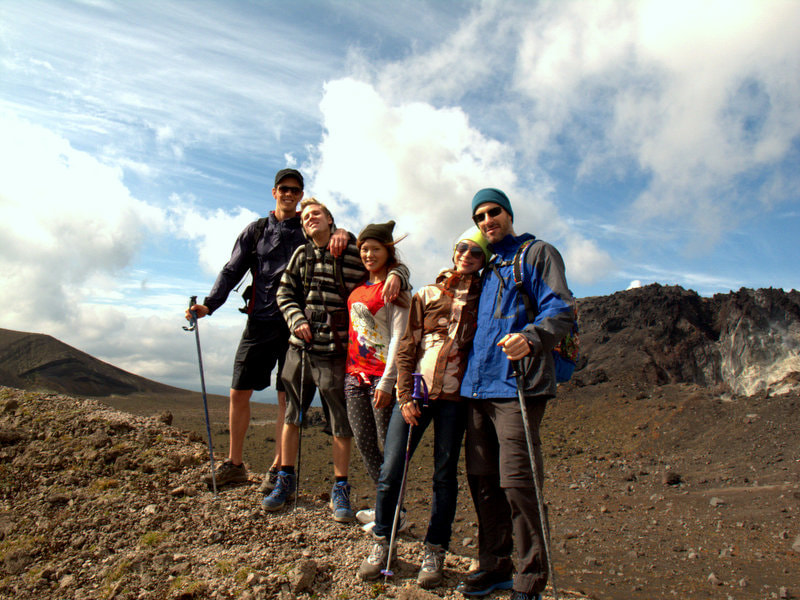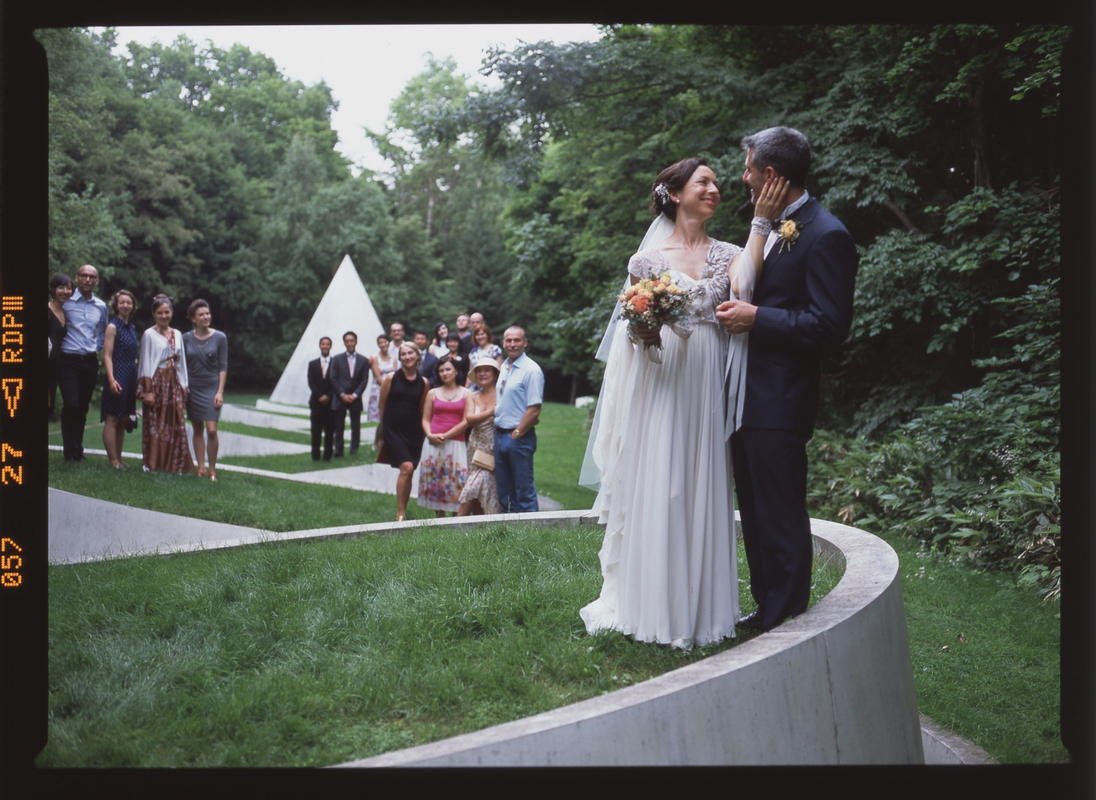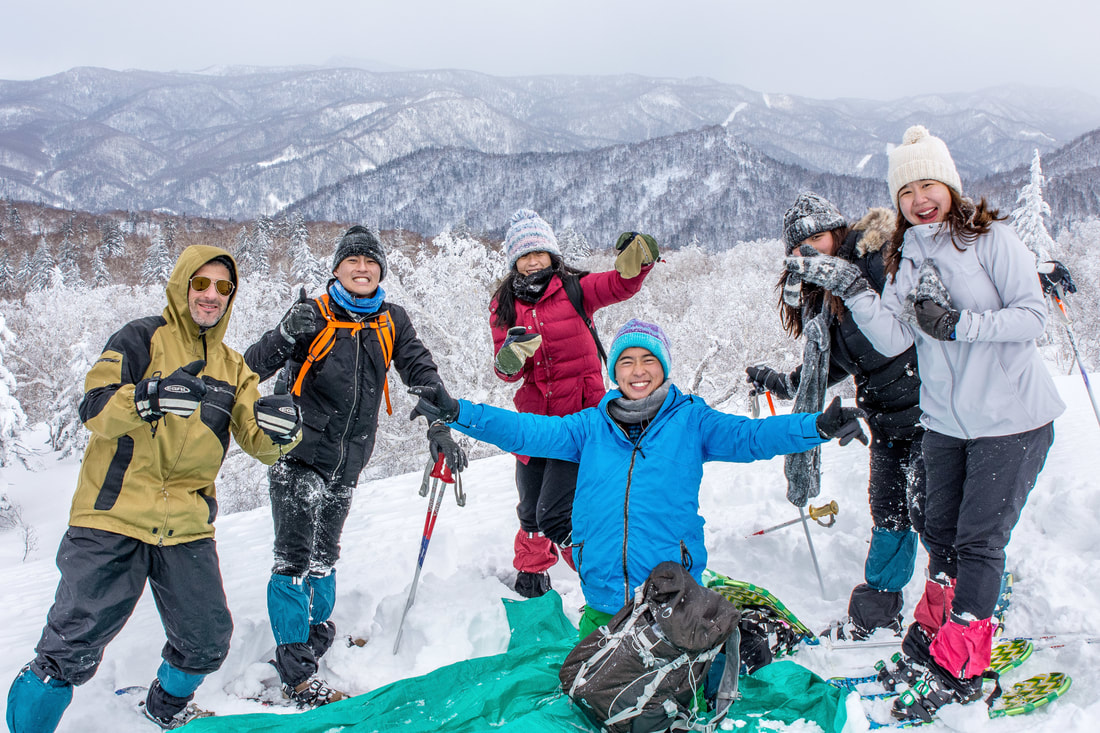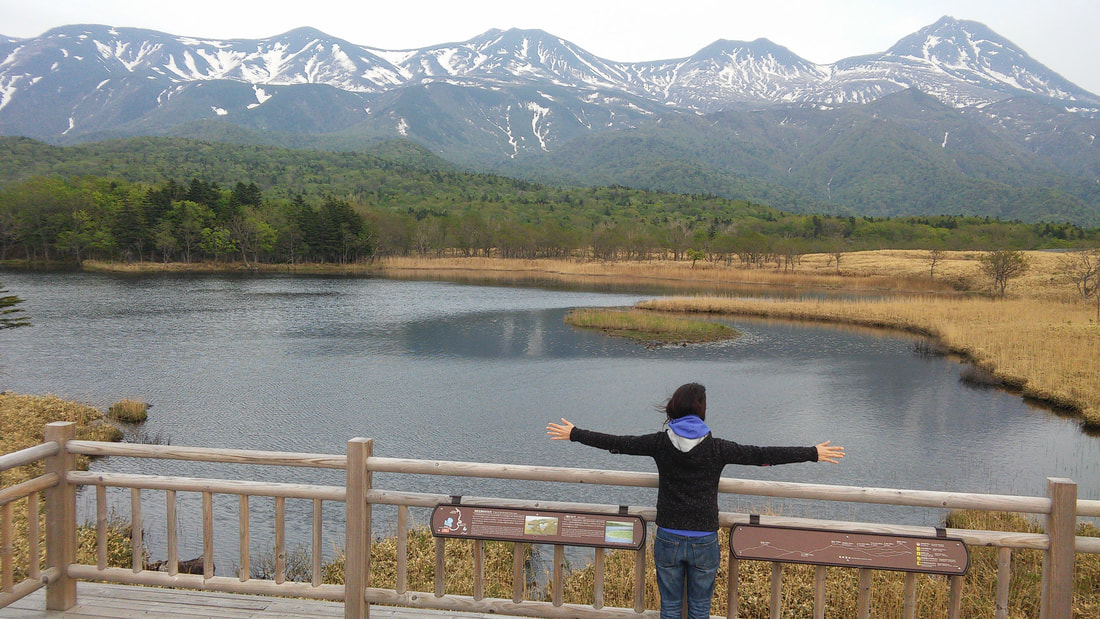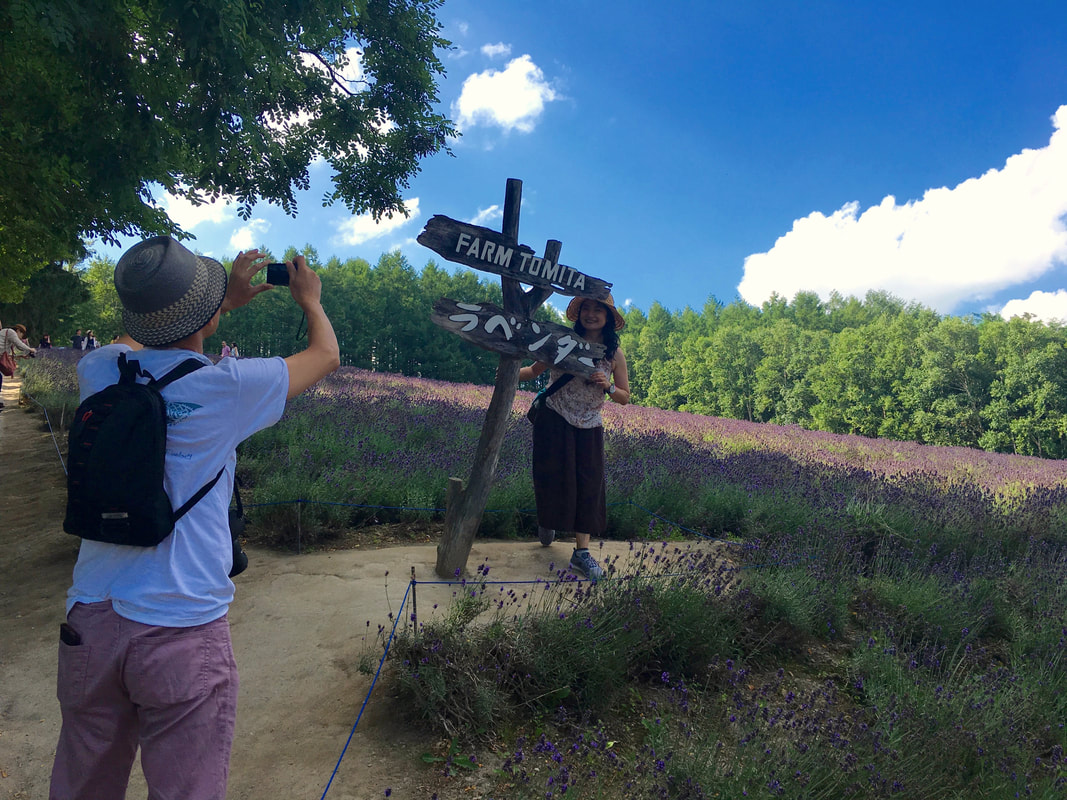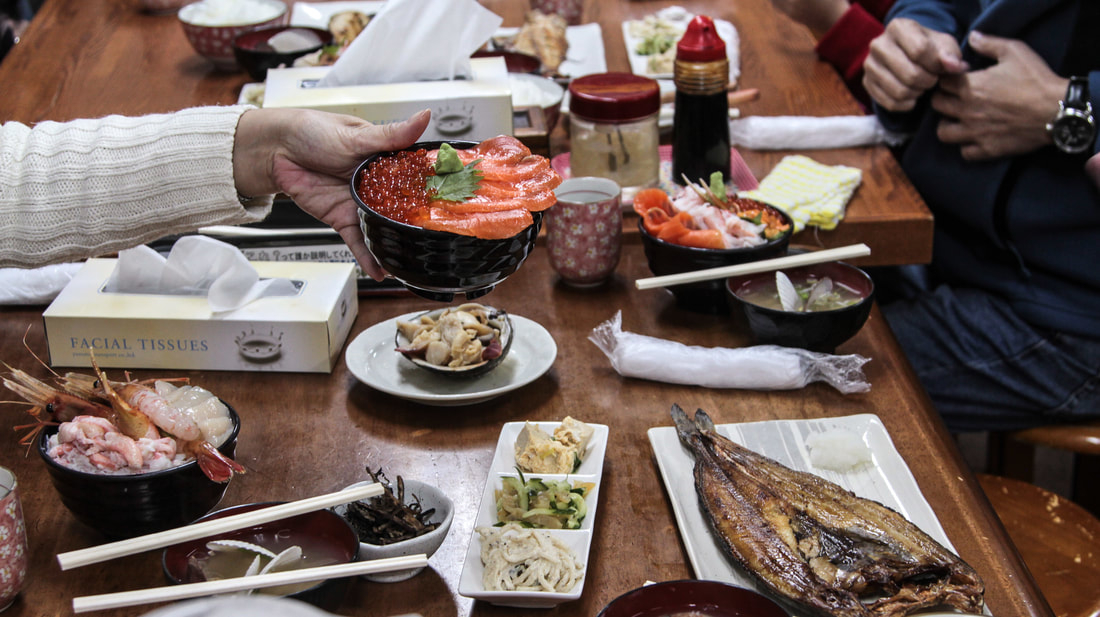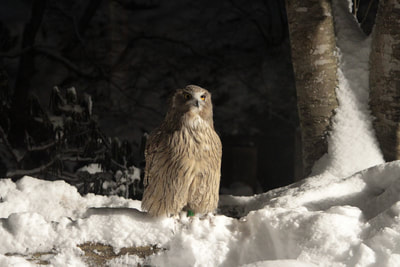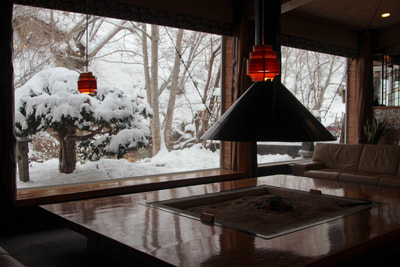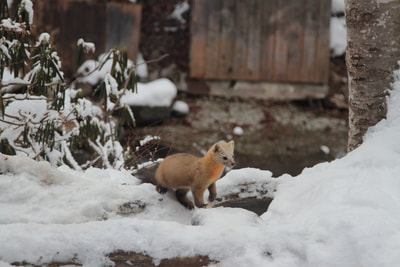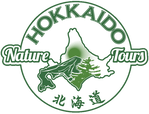- Home
-
Sample Tours
-
Sample Custom-Made Tours
>
- Sample Custom-Made Tours Highlights
- Spring: 7 Day Spring Variety 10pax Sample Tour
- Spring: 5 Day Southern Spring Blossoms Sample Tour
- Spring: 8 Day Hiking & Wildlife Luxury Sample Tour
- Summer: 7 Day Summer Variety Sample Tour
- Summer: 7 Day Hiking & Sightseeing Sample Tour
- Summer: 6 Day Hokkaido Heartland Sample Tour
- Fall: 8 Day Fall Foliage Family Fun Sample Tour
- Fall: 8 Day Central & Eastern Hokkaido Fall Luxury Sample Tour
- Fall: 6 Day Fall Variety & Scenic Roads Sample Tour
- Winter: 7 Day Winter Wonderland Sample Tour
- Winter: 4 Day Winter Family Fun Sample Tour
- Winter: 7 Day Winter Active Luxury Sample Tour
-
Sample 2-Day Tours
>
- Sample 2-Day Tours Highlights
- 2-Day Tour Lake Toya, Lake Onuma & Noboribetsu
- 2-Day Tour Niseko, Shakotan Peninsula & Otaru
- 2-Day Tour Tokachi, Furano & Biei
- 2-Day Tour Snowshoeing, Ice Fishing & Furano
- 2-Day Tour Asahidake & Sounkyo Snowshoeing
- 2-Day Tour Asahikawa, Dogsledding & Daisetsuzan
- 2-Day Tour Asahidake Onsen & Sounkyo Gorge
- 2-Day Tour Takinoue Pink Moss, Tulip & Biei
- 2-Day Tour Mountain Hut Overnight Hiking
-
Sample Day Trips
>
- Sample Day Trips Highlights
- Noboribetsu & Lake Toya Day Trip
- Furano & Biei Flower Fields Day Trip
- Shakotan Peninsula & Otaru Day Trip
- Mt. Tarumae & Mt. Moiwa Day Trip
- Jozankei & Niseko Fall Foliage Day Trip
- Asahikawa & Mt. Asahidake Day Trip
- Mt. Asariyama Snowshoeing & Onsen Day Trip
- Ice Fishing & Dogsledding Day Trip
- Furano Snowmobiling & Ice Fishing Day Trip
-
Sample Custom-Made Tours
>
-
HNT Insight
- Awards, Reviews & Accolades
- FAQ
- HNT Blog
-
Hokkaido Activities by Season
>
-
Spring Season
>
- Spring Sightseeing
- Spring Gourmet
- Spring Festivals & Sakura
- Hot Spring
- Spring Wildlife & Zoos
- Farm Visits & Horseback Riding
- Boat Excursions
- Hiking & Trekking
- Hot Air Ballooning
- Adventure Activities: Spring
- Resort & Backcountry Spring Skiing & Snowboarding
- Daisetsuzan Nat'l Park: Spring
- Crafts, Culture & Cooking
- Summer Season >
- Fall Season >
- Winter Season >
-
Spring Season
>
- Contact Forms
|
Dear friends and clients, long time no see! This season brought many changes as HNT is continuing to grow and develop, so I thought it's a good time to ask Ido, the founder, to share his experience and give some travel tips on Hokkaido. But before that, a bit of our personal story. I met Ido in 2011 in the Himalayas of Northern India. We were both wanderers & wonderers who loved to travel. After meeting with assigned seats next to each other on a serendipitous 2-day bus, set off for a 2-year journey across Asia and Latin America. We travelled mostly overland, with all the ups-and-downs of backpacking: experiencing the changing natural and political landscapes, mountains and seas, languages, habits, food, architecture, and everything really - changing - but for the most part, seeing the change in ourselves in a continuous journey of self-discovery. Eventually, we knew it was time to settle down. Ido had lived 3 years in Hokkaido before we had met, and he thought the northern Japanese island would be good for us as a couple. We arrived in 2013 and Ido returned to teaching English in Sapporo’s high schools, while I juggled a few part-time jobs till I found a full-time position at a kindergarten. I instantly fell in love with Hokkaido’s nature as it so resembled my native island of Sakhalin, just 42 kms north of Hokkaido. We escaped into the wilderness at every opportunity, one of the many blessings of living in Sapporo – a city so close to pristine nature. We carefully planned our excursions and explored Hokkaido with our “weekend warrior” friends. Working in Japan is definitely a challenge for a foreigner: the Japanese work culture has a completely different set of norms and expectations as compared to the West. We often found yourselves in a kind of quest, trying to figure out what is expected from us and what we could expect from others. Here in Japan, being a good team player is way more important than efficiency or productivity, more so even than truth. It’s a completely different approach from the Western working culture, that has everybody competing to be the best. We both realized that the way to our own happiness and work fulfillment would be somewhere in between. After a few years we decided that it was time for another life change, and so . . . we got married! It was on our honeymoon that we started creating our passion project, the private tours company that became HNT, and we never looked back. Hokkaido is the perfect setting for exploration and road trips: it has a pulsing network of interesting destinations in often hard to access locations, amazing nature sightseeing at every turn, tons of adventures to be had, a wide variety of accommodation, incredible onsens nearly everywhere, top-notch cuisine and awesome people! Our favorite part of HNT remains being on the road with our guests, who become like friends to us. Seeing people have new experiences, thoroughly satisfied with their tours, and promising to return for more in different seasons: this is how we know we’re on the right path at this very special moment in our lives. Most importantly, we love what we do, and it shows. - Ido, what was it like in the very beginning of HNT? Ido: Even with the fear of sounding somewhat out of touch, I often felt like I was giving birth to, and raising, a child called HNT. I poured my heart into each and every tour, fussed over other people working with us, spent countless long hours into the night developing this idea and that inspiration, and just really fell in love with the process, the life that HNT became for us and others. Even now, with HNT continuing to grow with the contributions from our wonderful team, I still hover around like a “helicopter parent”, at times worried, at times proud, and almost always madly in love and appreciative. - What do you think about Hokkaido life? Ido: I think Hokkaido is a blessed land, land of so much natural resources, such a wonderful natural environment. Everything grows in abundance here! And the weather here is also spectacular, with the 4 seasons with all that it brings: from the flowers, to the foliage, to the powder snow. So in terms of a nature lover I think Hokkaido answers all of those nature lover’s questions, like where to live, in what kind of climate. You kind of have everything here. In midsummer sometimes you feel like you’re in the tropics even, it’s so hot and humid, there is bamboo in the forest. And in midwinter sometimes you feel like you’re in the Arctic, standing at the top of the mountain with the wind and the snow battering your body. - What is the best way to travel in Hokkaido? Ido: Yeah, Hokkaido is very special place: it’s at once very accessible, and also quiet remote. When you live here you realise that you can explore the island all year around and it creates so many wonderful possibilities. Because the place is completely different from winter to summer, the entire landscape changes and what you can do entirely changes. And all those other remarkable Japanese things, like the great quality of food, the onsens everywhere, the safety, the impeccable cleanliness, all together it creates a wonderful place. - For the people who come to Hokkaido for the first time, seeking some adventure, what would you recommend? Ido: You know, Hokkaido for me is not about places that have the “Wow!” factor. It’s not a place that you say, “OMG, this is unique in the world.” What Hokkaido has is that overall sense of well-being and healthy nature. So for that, just getting out into the mountains, whether it be on a multi-day trek, or visiting nature sights - it really depends on the person - but Hokkaido provides all of that on different levels. Whoever comes here feels that well-being. I see it time and time again as a guide here: that people come here and when they leave they have that sense of Hokkaido being taken with them back home. And that’s just magical to witness and experience. - You said that Hokkaido has a sense of well-being. What else do you think our readers would be interested in? Ido: I think for people who are into gourmet, Hokkaido is such a good destination. For example, the island is getting more and more Michelin star restaurants, and it’s well-known that Japan has the most of those out of any country in the world. And the ones that are here are renowned, especially for the freshness and quality of the seafood. It is a very high quality of cuisine, even at the basic street or a hotel level. You get very nice quality food, with wholesome ingredients made fresh, and it’s certainly a big part of the experience for many of our guests. - Yes, definitely. Can you talk about the hotels in particular? Ido: Sure! Staying at ryokans is another unique experience. We have one ryokan that’s really a signature ryokan for us. The magic there is that you can spot Blakiston’s Fish Owls, which is one of the rarest birds in the world, with only about 140 birds in existence in Hokkaido. It’s the largest owl, standing at 55 cm tall, and it lives in very few places in the world. Named after a British naturalist from the 1800s who lived in Hokkaido and cataloged it. The fish owl was also one of the most important Gods of the indigenous Ainu. So, this owl comes to the ryokan to feed at the small fish pond that they stock with fish nightly. Imagine, as a guest, you get not only the traditional ryokan experience with a great kaiseki dinner and sublime hot springs, you also get a chance to spot these amazing owls which will take your breath away. It’s a rare example of coexistence of people and wild nature which benefit both. And it happens a lot in the island, especially in the Eastern region. - Could you give more examples?
Ido: Sure! A well-known one is a story of the world’s greatest re-population success of the once highly endangered Tancho Red-crested Crane. The symbiotic relationships extend to fishing villages outside Rausu and Shiretoko’s bears, the Marimo algae of Lake Akan, and the migration of the white-chested geese over Central Hokkaido. Japan has come a long way in preserving nature, and much of it can be credited to public awareness and tourism opportunities. It’s a remarkable turnaround in less than a hundred years, when Japanese hunters used to shoot Tancho cranes! - What would you like to say to HNT clients and friends? Ido: What I can say is only “thank you,” because without our guests, and without our hard working and enthusiastic team, HNT would be stale and dry, like a burnt out landscape. To share my love of Hokkaido and inspire others to “Enjoy Nature, Be Happy!”, it’s an honor and blessing for sure. I often say “thank you Hokkaido”, for it’s a land not just Japanese, and not just a job; it’s a land that is now my home. Comments are closed.
|
Welcome!Our blog covers any and all topics of travel in Hokkaido - from the best gourmet oysters to off-the-beaten-track adventures - and everything in between. Archives
September 2021
|
|
- Home
-
Sample Tours
-
Sample Custom-Made Tours
>
- Sample Custom-Made Tours Highlights
- Spring: 7 Day Spring Variety 10pax Sample Tour
- Spring: 5 Day Southern Spring Blossoms Sample Tour
- Spring: 8 Day Hiking & Wildlife Luxury Sample Tour
- Summer: 7 Day Summer Variety Sample Tour
- Summer: 7 Day Hiking & Sightseeing Sample Tour
- Summer: 6 Day Hokkaido Heartland Sample Tour
- Fall: 8 Day Fall Foliage Family Fun Sample Tour
- Fall: 8 Day Central & Eastern Hokkaido Fall Luxury Sample Tour
- Fall: 6 Day Fall Variety & Scenic Roads Sample Tour
- Winter: 7 Day Winter Wonderland Sample Tour
- Winter: 4 Day Winter Family Fun Sample Tour
- Winter: 7 Day Winter Active Luxury Sample Tour
-
Sample 2-Day Tours
>
- Sample 2-Day Tours Highlights
- 2-Day Tour Lake Toya, Lake Onuma & Noboribetsu
- 2-Day Tour Niseko, Shakotan Peninsula & Otaru
- 2-Day Tour Tokachi, Furano & Biei
- 2-Day Tour Snowshoeing, Ice Fishing & Furano
- 2-Day Tour Asahidake & Sounkyo Snowshoeing
- 2-Day Tour Asahikawa, Dogsledding & Daisetsuzan
- 2-Day Tour Asahidake Onsen & Sounkyo Gorge
- 2-Day Tour Takinoue Pink Moss, Tulip & Biei
- 2-Day Tour Mountain Hut Overnight Hiking
-
Sample Day Trips
>
- Sample Day Trips Highlights
- Noboribetsu & Lake Toya Day Trip
- Furano & Biei Flower Fields Day Trip
- Shakotan Peninsula & Otaru Day Trip
- Mt. Tarumae & Mt. Moiwa Day Trip
- Jozankei & Niseko Fall Foliage Day Trip
- Asahikawa & Mt. Asahidake Day Trip
- Mt. Asariyama Snowshoeing & Onsen Day Trip
- Ice Fishing & Dogsledding Day Trip
- Furano Snowmobiling & Ice Fishing Day Trip
-
Sample Custom-Made Tours
>
-
HNT Insight
- Awards, Reviews & Accolades
- FAQ
- HNT Blog
-
Hokkaido Activities by Season
>
-
Spring Season
>
- Spring Sightseeing
- Spring Gourmet
- Spring Festivals & Sakura
- Hot Spring
- Spring Wildlife & Zoos
- Farm Visits & Horseback Riding
- Boat Excursions
- Hiking & Trekking
- Hot Air Ballooning
- Adventure Activities: Spring
- Resort & Backcountry Spring Skiing & Snowboarding
- Daisetsuzan Nat'l Park: Spring
- Crafts, Culture & Cooking
- Summer Season >
- Fall Season >
- Winter Season >
-
Spring Season
>
- Contact Forms

